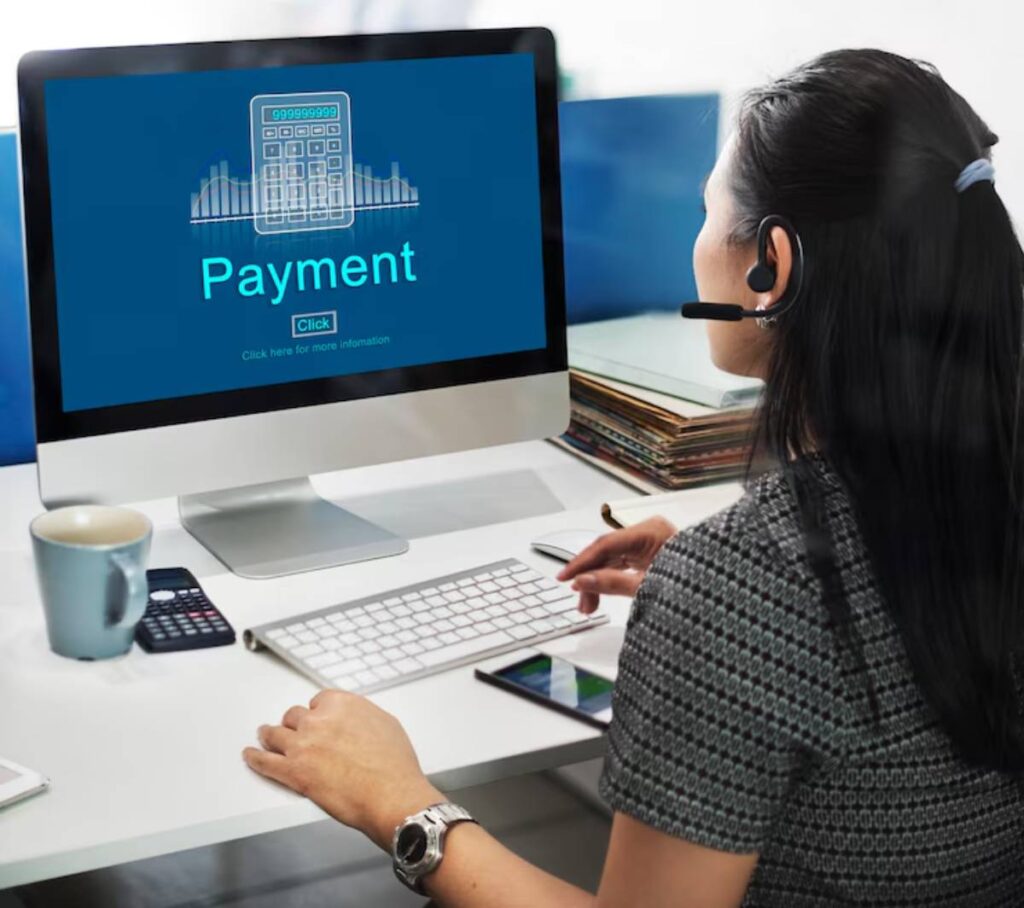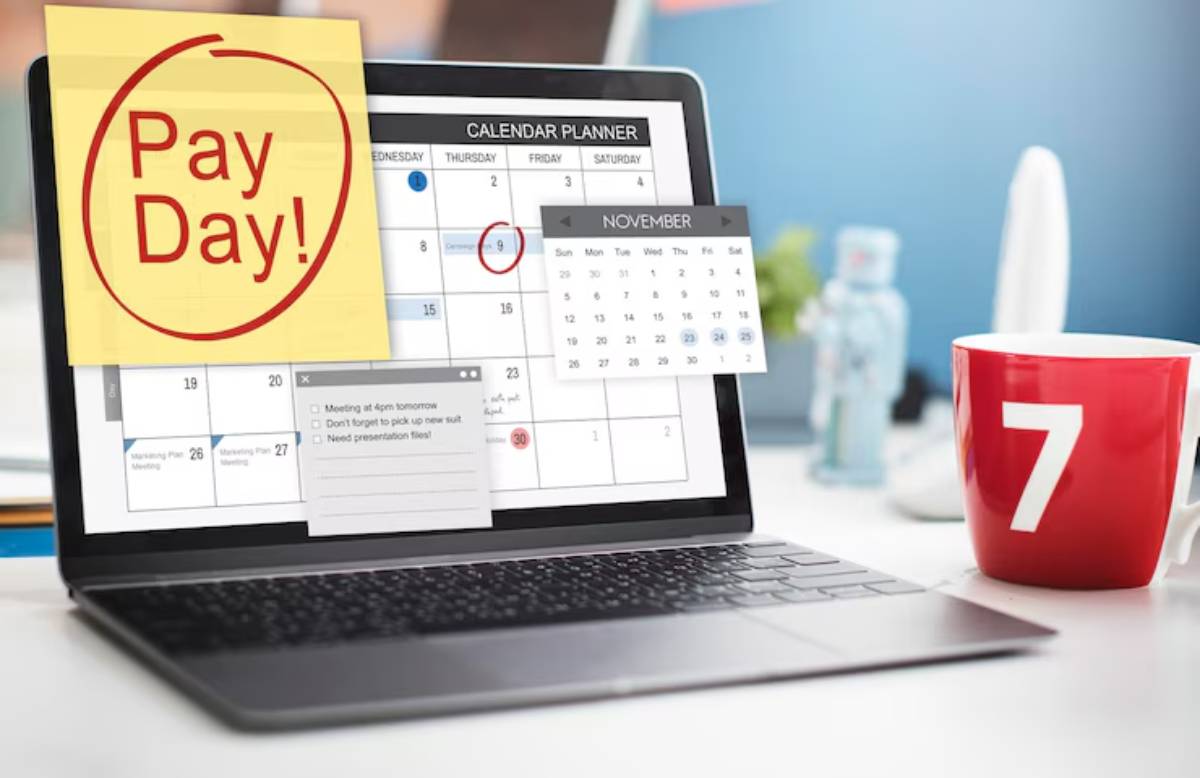The Finance Blog

Timely Bill Payments and Credit Health
Your credit score tells lenders how reliable you are with money. While many factors affect your score, nothing is more important than paying your bills on time.
Consistent, on-time bill payments are the foundation of good credit health. Whether it’s a credit card, mortgage, utility bill, or personal loan, showing that you can pay what you owe, when you owe it, gives lenders confidence in your financial stability.
This guide explains how late payments can harm your credit, what smart payment strategies you can use to stay on track, and how to develop lifelong habits for excellent credit.
Why On-Time Payments Matter So Much
Your payment history makes up about 35% of your credit score. That makes it the single most important factor in most scoring models.
One missed payment can cause:
- A significant score drop
- Late fees or penalty interest rates
- A negative mark on your credit report (which can stay for up to six years)
Multiple missed payments can make it harder to get loans, mortgages, or even a mobile phone contract.
The best strategy for good credit health is simple: always pay on time.
What Counts as a Bill Payment?

Not every bill affects your credit. Here’s what typically does (and doesn’t).
| Affects Credit | Doesn’t Affect Credit |
|---|---|
| Credit cards | Rent (unless reported) |
| Personal loans | Utility bills (unless reported) |
| Mortgages | Subscription services |
| Auto loans | Gym memberships |
| Student loans | Phone bills (unless reported) |
Tip: Some rent and utility payment services now offer reporting to credit bureaus. Ask your landlord or provider about this option.
How Late Payments Affect Your Credit
Less Than 30 Days Late
- Your lender may charge a late fee.
- Likely won’t be reported to credit bureaus.
- Pay as soon as possible to avoid further penalties.
More Than 30 Days Late
- Will likely be reported as “late” to credit bureaus.
- Your score may drop significantly (especially if your history was clean before).
- The later the payment, the worse the impact.
60+ Days Late
- Possible penalty APR on credit cards.
- Additional fees.
- Greater credit score damage.
90+ Days Late
- Account may be sent to collections.
- Major impact on your score.
- May trigger legal action in extreme cases.
The longer you wait, the harder it is to recover your credit health.
Also, don’t forget to monitor your credit profile. Read our blog on How to Monitor Your Credit Score Regularly to stay proactive.
Payment Strategies to Stay On Track
Here’s how to ensure your bill payments never slip through the cracks:
Set Up Autopay
Link your bank account to automatically pay:
- The full balance
- The minimum payment (at the very least)
Autopay eliminates the risk of forgetting a due date.
Use Payment Reminders

Set calendar alerts, text alerts, or email reminders before the due date.
Budget for Fixed Bills First
When planning your monthly budget, prioritise all credit-related bills first before allocating money for other expenses.
Pay Early When Possible
Don’t wait until the due date. Paying a few days early gives peace of mind and reduces last-minute stress.
Consolidate Due Dates
Ask lenders to move your due dates to align with your payday. One big payment day is easier to manage than several scattered ones.
Monitor Your Accounts Weekly
Get into the habit of checking your credit card balances and loan accounts regularly.
Keep an Emergency Fund
Having even £500 saved can prevent you from missing a bill if something unexpected happens.
What to Do If You Can’t Pay on Time
Sometimes life happens. Here’s what to do if you know a payment will be late:
- Contact the lender immediately: Many will work with you to avoid reporting the payment as late.
- Ask about a hardship plan: You may qualify for deferred payments or reduced interest.
- Make a partial payment: Paying something is always better than paying nothing.
How Long Do Late Payments Stay on Your Report?
Late payments can remain on your credit report for up to six years. But their effect lessens over time, especially if you rebuild a positive payment history.
The best way to recover? Keep making all future bill payments on time.
The Hidden Power of Small Payments
Many people think you have to wait until the due date to make a payment. Not true!
Benefits of Early and Extra Payments:
- Lowers your credit utilisation (which also boosts your score)
- Helps you avoid interest charges
- Reduces financial stress
Even a small extra payment mid-month helps keep your balances under control.
Myths About Late Payments
Myth: One day late ruins my credit.
Most lenders report to credit bureaus after 30 days, not instantly. However, late fees still apply, so avoid this if possible.
Myth: Paying off the balance later erases the late mark.
Unfortunately, once reported, a late payment remains on your record. But consistent future payments will help recover your score.
Myth: I can’t rebuild after late payments.
You absolutely can! Focus on making every future payment on time and reducing your balances.
Tools and Apps to Help You Stay Organised
Technology makes payment strategies easier than ever:
- Mint: Track bills and receive reminders.
- You Need a Budget (YNAB): Plan your spending and debts.
- Emma: UK-based app to track bills and payments.
- Banking apps: Most offer built-in alerts and autopay features.
Stay Consistent, Stay Credit-Healthy
Building and maintaining good credit health doesn’t require perfection — just consistency. On-time bill payments are the single biggest thing you can do to protect and improve your credit score.
With a few smart payment strategies, you’ll avoid costly late fees, lower your stress, and position yourself for long-term financial success.
Ready to protect your credit health?
Take 10 minutes today to set up autopay, create payment reminders, or review your next bill due dates. These simple steps will help you stay on track for months (and years) to come.
Check out our guide on Keeping Your Credit Active Without Debt for more on this strategy.









